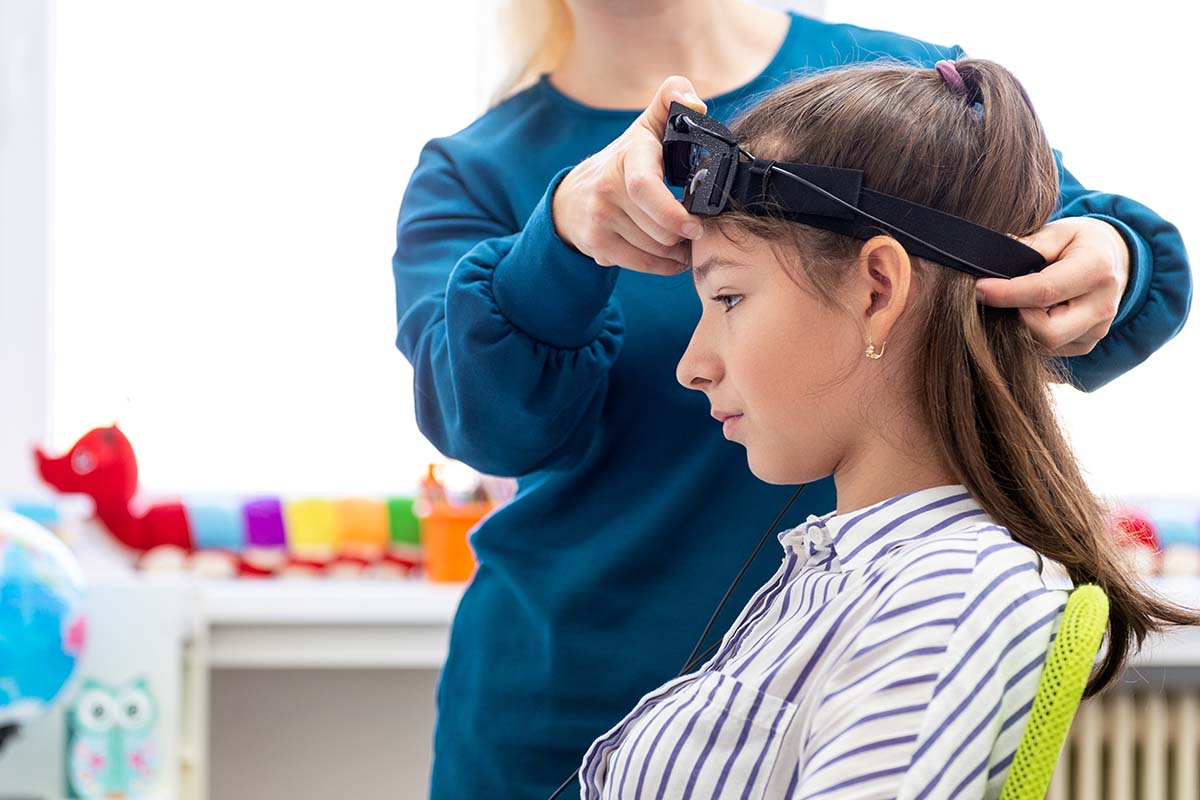Although neurofeedback is a standard treatment for addiction or mental health issues, few people know how this treatment works. Neurofeedback is a drugless, non-invasive method for conditioning the brain to function in a more balanced way. Addiction rehab programs include neurofeedback therapy in CO to alter how the brain produces and distributes electrical pulses and signals.
Using neurofeedback, specialists monitor and assess the brain sections Delta, Theta, Alpha, and Beta. Certain parts of the brain should be active when you engage in a specific activity. If an area of the brain is not as active as it should be, it can impair motor activity or lead to mood or behavior disorders. To learn more about how our treatment can help you, contact Women’s Recovery today at 833.754.0554.
How Neurofeedback Treatment Works
The more therapists understand how neurofeedback treatment works, the more effective the treatment becomes. Neurofeedback works on the premise that different parts of the brain are responsible for controlling behavior and mood. If any part of the brain is not working, specialists use neurofeedback to improve brain function. This type of mental health treatment helps the brain in several ways, such as:
Self-Regulation
Neurofeedback utilizes multiple techniques that help the brain self-regulate. The brain’s ability to alter function improves the symptoms of various mood disorders that interfere with daily life. This approach allows specialists to train the mind to self-regulate in any situation where attention, mood, and learning ability are critical.
Flexibility
One of the reasons people suffer from anxiety or depression is their inability to cope with specific situations. The root of the problem lies in the brain’s lack of flexibility. In other words, the brain may be stuck in a particular mode. As a result, a person cannot handle the situation emotionally and may need help from a depression treatment program or anxiety treatment program.
Relaxation and Arousal
When observing how neurofeedback treatment works in a substance abuse treatment program, therapists notice that the therapy helps the brain fluctuate between relaxation and arousal, as needed. By increasing brainwave activity, neurofeedback can help the mind relax or become adequately aroused, giving the individual more control over the emotions and actions.
When the brain can regulate emotions and attention, it allows the entire central nervous system to function as it should. The client can resume daily activities more successfully while navigating conflict or difficult situations in a productive way.
Benefits of Neurofeedback
There are several benefits to neurofeedback, including:
- Enhanced memory and focus
- Decreased anxiety
- Mental clarity
- Restful sleep
- Overall better mood
- Improved cognitive function
One of the most significant benefits of neurofeedback is that the effects of treatment last long after your final sessions. Plus, there are no adverse side effects since the technique is non-invasive
What Can You Expect During Neurofeedback Treatment?
If you wonder how a neurofeedback treatment program works, then feel free to speak with your doctor. The process is simple. The therapist places electrodes on your head to monitor and measure neural activity in the brain. The therapist will place electrodes in the Delta, Theta, Alpha, and Beta divisions to monitor different activity types.
Once the electrodes are in place, you will engage in an activity that requires concentration. The activity may be as simple as playing a game. While you are playing the game, you and your therapist will view your brain activity on a computer monitor. Once the game is complete, your therapist will interpret the activity and discuss the results.
Learn More About Neurofeedback at Women’s Recovery
If you would like to learn more about how neurofeedback treatment works, contact Women’s Recovery at 833.754.0554. We offer comprehensive care for all types of addictions and mental health issues, including dual diagnosis treatment. Call us today to get started with neurofeedback therapy in CO.







